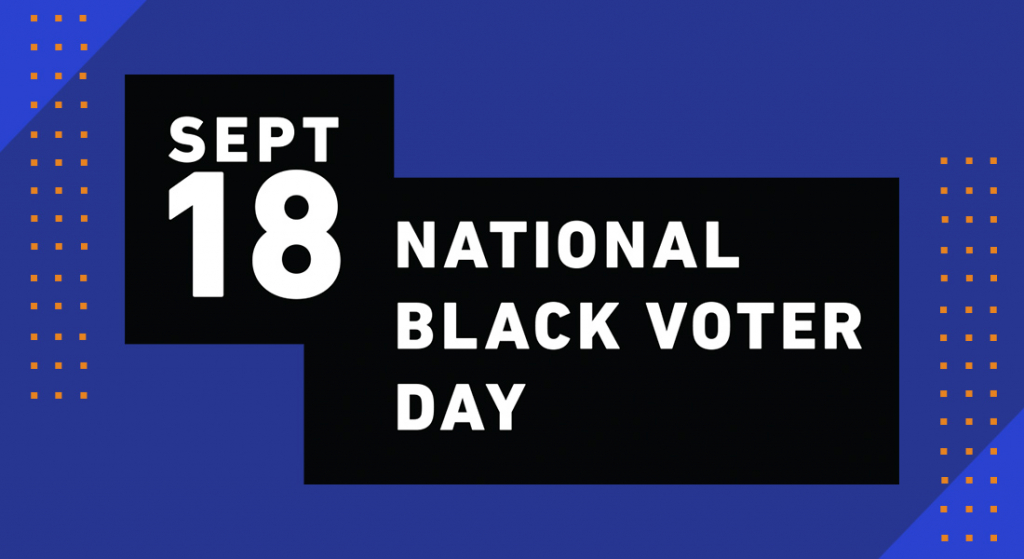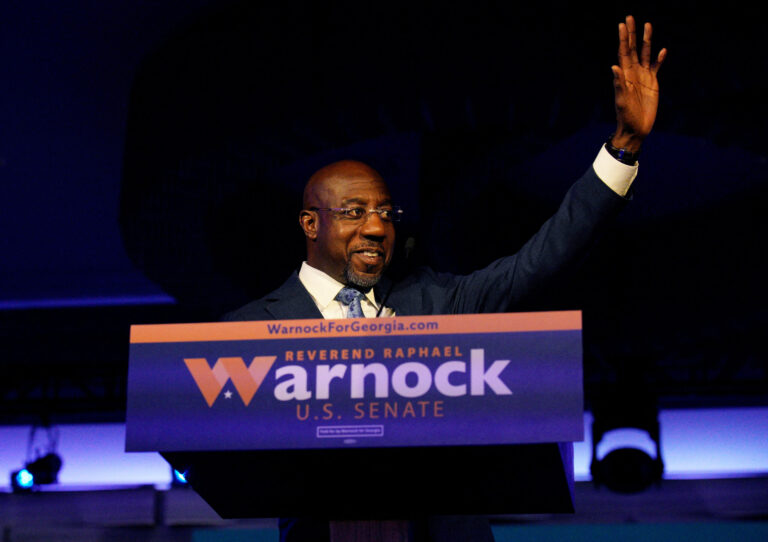Spotify Suspend Political Advertising: A Bold Move Towards Nonpartisanship
Spotify has announced that it will suspend political advertising on its platform starting next year. This decision follows other tech companies that have put a halt to political ads.

Credit: www.courthousenews.com
Spotify’s Decision
Spotify recently made a significant decision to suspend political advertising on its platform, effective from the upcoming year. This move has generated a buzz in the media and advertising industry due to its potential impact on political campaigns and the streaming service’s ad revenue.
Reasons Behind The Decision
Spotify’s decision to suspend political advertising stems from the growing concerns surrounding misinformation, divisive content, and the potential influence of political ads on its user base. By halting political advertising, Spotify aims to streamline its advertising strategy and prioritize content that aligns with its brand values and user experience.

Credit: blackeconomicalliance.org
Implications For Spotify
Spotify has recently announced that it will suspend political advertising on its platform next year. This decision reflects the company’s efforts to navigate the complexities of political advertising in the digital age.
Impact On Revenue
The decision by Spotify to suspend political advertising on its platform will inevitably have an impact on its revenue. Political ads have long been a lucrative source of income for streaming services like Spotify, as politicians and political organizations use the platform to reach and engage with their target audience.
By eliminating this revenue stream, Spotify may need to explore other advertising opportunities to make up for the potential loss. This could include increasing the advertising rates for other types of ads or attracting more non-political advertisers to fill the gap.
The suspension of political advertising on Spotify may also lead to a decrease in overall ad revenue, as political ads have proven to be a significant source of income for the platform. However, it is important to note that Spotify’s decision could also attract a new set of advertisers who prefer to support a platform without political ads.
Reactions From Advertisers
The decision by Spotify to suspend political advertising is likely to receive mixed reactions from advertisers.
On one hand, non-political advertisers may see this as an opportunity to have their ads stand out and receive more exposure on the platform. With political ads temporarily out of the picture, there may be less competition for advertising space, potentially allowing non-political advertisers to reach a larger audience and increase their brand visibility.
On the other hand, political advertisers who rely on Spotify as a channel to promote their campaigns and connect with voters may be disappointed by this decision. They may need to find alternative platforms to advertise their messages and engage with their target audience.
It is important for Spotify to communicate this change effectively to advertisers and provide clarity on the temporary suspension of political advertising. This will help maintain transparency and build trust with both political and non-political advertisers.
The Debate On Nonpartisanship
Spotify’s decision to suspend political advertising has sparked a heated debate on the topic of nonpartisanship. Critics and supporters have voiced their opinions, each with their own valid arguments. Let’s take a closer look at what both sides have to say.
Critics
There are those who criticize Spotify’s move to suspend political advertising, arguing that it stifles freedom of expression. They believe that political ads serve as an important platform for candidates and parties to reach a wide audience, and by banning them, Spotify is denying them the opportunity to share their message.
Furthermore, critics argue that Spotify’s decision may set a precedent for other platforms to follow suit, potentially limiting the availability of political advertising across the digital landscape. They fear that this could have a detrimental impact on the democratic process, as political campaigns heavily rely on targeted digital advertising to engage with voters.
Supporters
On the other hand, supporters of Spotify’s decision emphasize the importance of creating a nonpartisan environment for users. They believe that political advertising can often be divisive and contribute to the spread of misinformation. By suspending political ads, Spotify is taking a stand against potentially harmful content and promoting a more inclusive listening experience.
Supporters also argue that political advertising on streaming platforms like Spotify may not be effective in reaching voters. They suggest that users may be more inclined to enjoy music and podcasts without the interruption of political messages, and that targeting political ads may not yield significant results in terms of voter engagement.
Similar Moves By Other Platforms
Spotify’s decision to suspend political advertising is not unique in the digital sphere. Other platforms have also taken steps to limit or prohibit political ads in the past. For example:
- Twitter banned political ads, citing concerns about the spread of misinformation and limiting the reach of political messaging
- Google limited microtargeting of political ads to ensure transparency and prevent the spread of false information
- Facebook faced backlash for allowing misleading political ads, prompting discussions about fact-checking and content moderation
These moves by other platforms indicate a growing recognition of the potential risks and challenges associated with political advertising in the digital age. It highlights the ongoing debate surrounding the role of technology companies in shaping political discourse and ensuring a fair and unbiased environment for users.

Credit: issuu.com
Future Of Political Advertising
Spotify has made the decision to suspend political advertising on its platform next year. This move reflects the growing trend of tech companies taking a stance against political ads, raising questions about the future of political advertising in the digital space.
Political advertising has been a contentious issue in recent times, especially within the digital landscape. With the rise of concerns regarding misinformation, polarity, and the influence of money in politics, tech companies are under immense pressure to address these issues. Spotify’s decision to suspend political advertising signifies an important shift in how digital platforms handle political content and sets the stage for potential changes in the future of political advertising.
Trends And Predictions
As political advertising evolves, several trends and predictions are emerging that could shape its future. These include the increasing scrutiny and regulation of political ad content, the utilization of data and targeting techniques for more personalized political messaging, and the potential for heightened transparency and accountability in political advertisement spending.
The Role Of Tech Companies
Tech companies play a pivotal role in shaping the future of political advertising. With their vast reach and influence, these companies have the power to implement policies that can either mitigate or exacerbate the challenges associated with political advertising. The decisions made by companies like Spotify will likely set a precedent for how other platforms approach political ad content in the future.
Conclusion
In response to growing concerns, Spotify’s decision to suspend political advertising in 2020 marks a significant shift. The move aligns with broader industry trends and emphasizes a commitment to maintaining a neutral platform. As digital landscapes continue to evolve, such actions will shape the future of online advertising.






